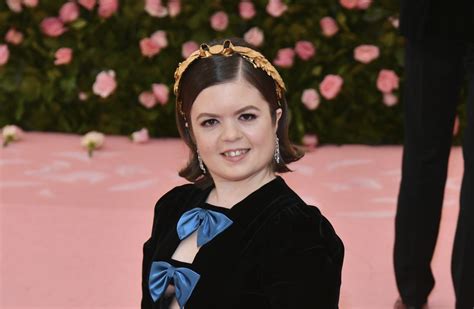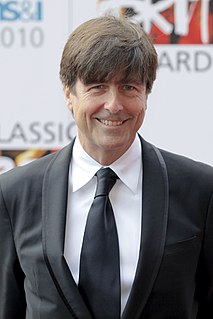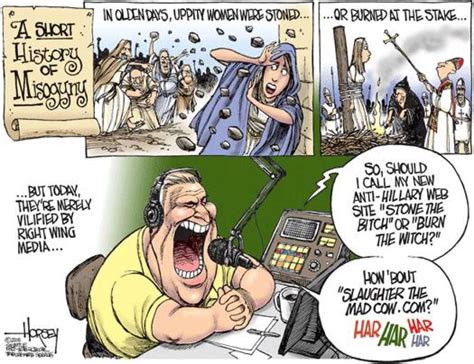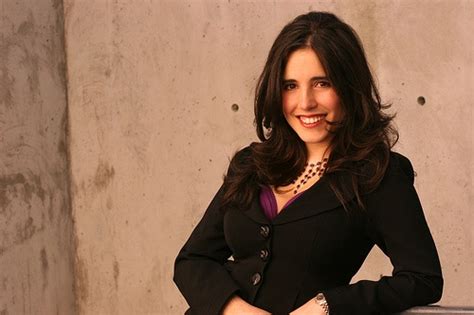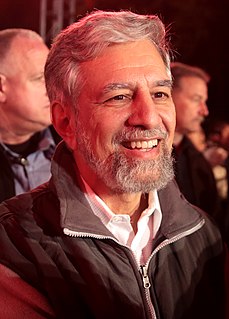A Quote by Sarah Stillman
Often, my central challenge is figuring out how do I build trust, how do I acquaint people who've just endured some terrible event - losing their child to murder, say, or being sexually assaulted - with the bizarre and sometimes invasive nature of in-depth interviews that aren't just a quick list of ten questions?
Related Quotes
When people learn that I'm a qualified primary school teacher, I'm often met with surprise and a list of questions, including, 'How do the children react? How do you do it?' Children are some of the most open and inclusive individuals. It's often us adults who have difficulties in accepting difference.
I've been doing stand-up longer than I've been doing anything. It's just learning how to act on camera, trying to get better at that, figuring out how to make my humor translate and bounce off other people. It's not a big challenge, but the main thing is just trying to be on point and be the best I can be on these shows.
I almost literally wake up in the morning starting to think of my next idea. It's almost always driven by what's in the news. The hard part, really, is getting from knowing what I want to say to figuring out how to say it in an image. I'm still not entirely sure how to explain how that happens... Suddenly, something just works.
I don't know how I can feel safe with Donald Trump, who bragged about sexual assault having the most power of anyone in America, maybe the world. What does that say to every child, to every person who has been sexually assaulted, to every person in a domestic-violence situation, to anybody who has to report that kind of crime?
One thing that happens often times in family life is that people think maybe the challenge you are having with a child when they are a teenager or even in adolescence that this is going to go on forever and it doesn't. They get to their 20s, they change dramatically in their 20s. So sometimes it's just holding on for the ride, and just being there and holding on for the ride.
Coming up with the bucket list is the easy part, but ticking off the list is the challenge. I love a good challenge, which is why I strongly advise everyone to come up with a bucket list. It doesn't have to contain out of this world tasks. But once you have written down the list, screw it, just do it!




